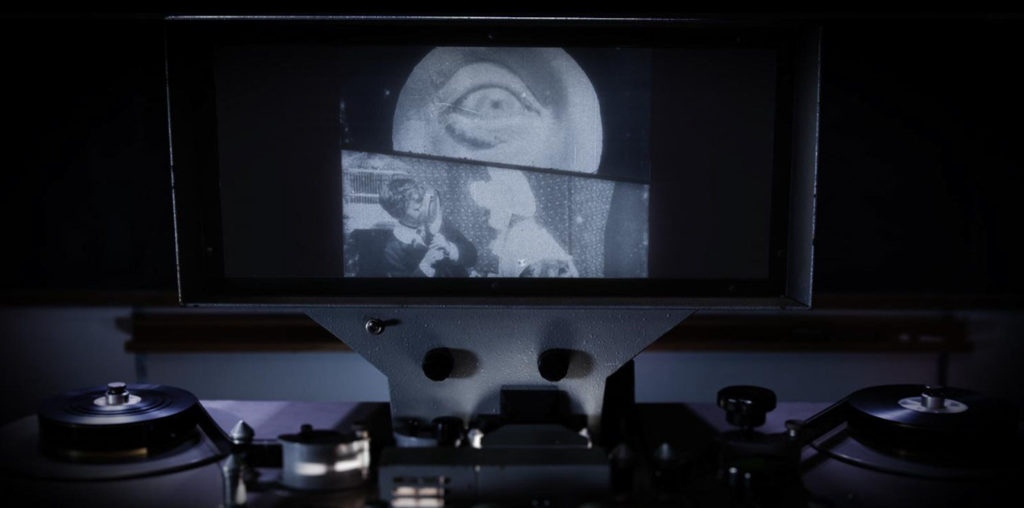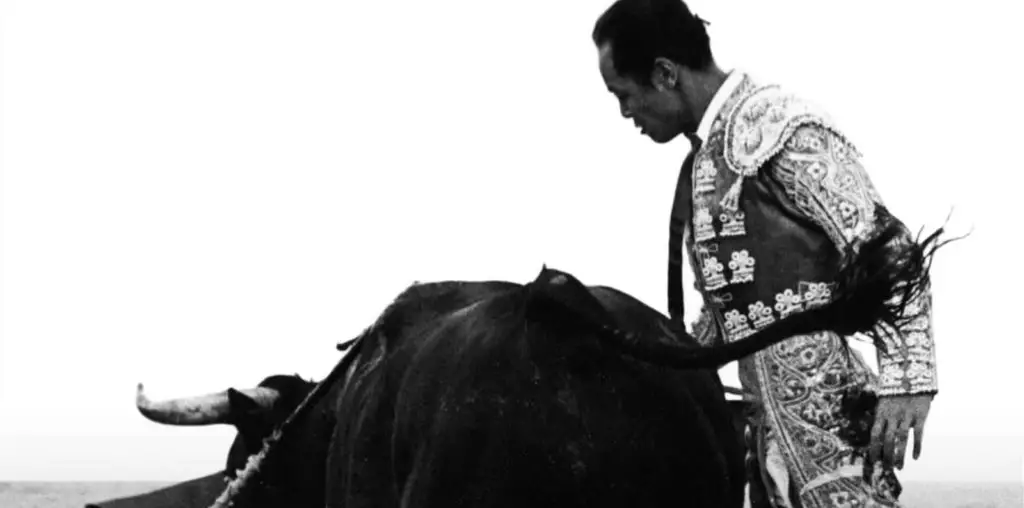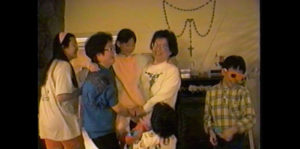
There’s a certain documentary that doesn’t just reveal a family secret, it unspools it like a thread, slowly, delicately, until you realize it’s woven into every part of someone’s identity. Vicky Du’s Light of the Setting Sun is one of those films. It doesn’t chase shock value or high drama. Instead, it looks inward, reaching across generations, peeling back layers of silence with patience and grace. The result is something intimate, haunting, and deeply human.
Du, who also appears on screen, brings a filmmaker’s eye and a daughter’s heart to a story that could’ve easily veered into melodrama. Instead, she crafts a quiet reckoning with her family’s legacy, one scarred by domestic violence and cultural silence, but also shaped by survival, resilience, and love. This isn’t a film about assigning blame; it’s about facing the unspoken. And in that vulnerability, it finds something profound.
The documentary revolves around Du’s journey to understand the abuse her mother endured at the hands of her grandfather, a man she barely knew, but whose presence lingers in her family like a shadow at dusk. Conversations with her mother, aunts, and cousins open up slowly, sometimes painfully. No one is eager to relive the past, but Du’s approach—gentle, respectful, and clearly motivated by love-creates space for honesty.
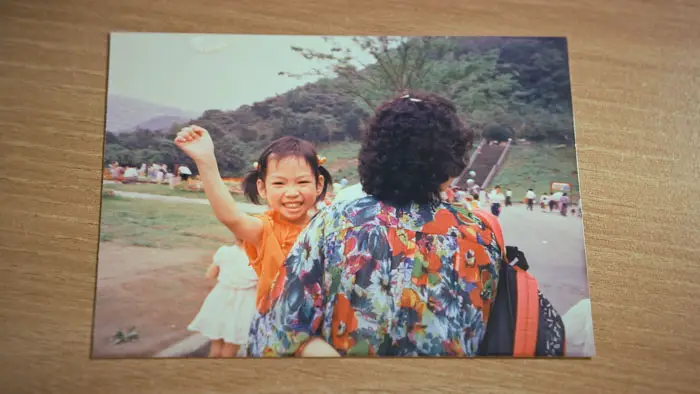
“…Du’s journey to understand the abuse her mother endured at the hands of her grandfather…”
Like Peter McDowell’s Jimmy in Saigon, a documentary that unraveled the mysterious death and secret life of the filmmaker’s brother, Light of the Setting Sun dives into the heart of a family’s unspoken history. Both films share a willingness to confront difficult truths with compassion, and both use personal storytelling as a gateway to larger cultural questions. Where Jimmy in Saigon explored identity and grief through the lens of LGBTQ+ silence in the Vietnam War era, Du’s film explores the intersections of gender, trauma, and Asian-American family dynamics. They’re cut from the same cloth, films that begin as personal quests and evolve into acts of emotional archaeology.
Du’s direction is subtle but incredibly effective. The film moves with the rhythm of memory, sometimes slow and meandering, sometimes sharp and disorienting. Home videos, old photographs, and quiet shots of everyday spaces fill the screen with emotional weight. There’s a recurring motif of sunlight slanting through windows or falling across faces, evoking both warmth and the fading of something essential. The past, Du seems to suggest, doesn’t disappear; it dims, but it never vanishes.
And that’s the power of Light of the Setting Sun. It understands that healing isn’t cinematic, it’s quiet, incremental, and often incomplete. But by naming what was once hidden, by telling the story even when it hurts, the film offers a kind of hope that feels hard-earned and real. This is documentary filmmaking at its most personal and most necessary. Vicky Du doesn’t just tell a story, she reclaims it. And in doing so, she lights a path for others still sitting in the dark.
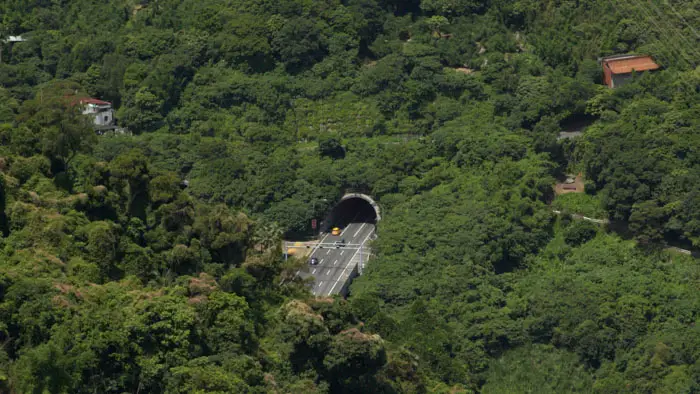
"…moves with the rhythm of memory..."

